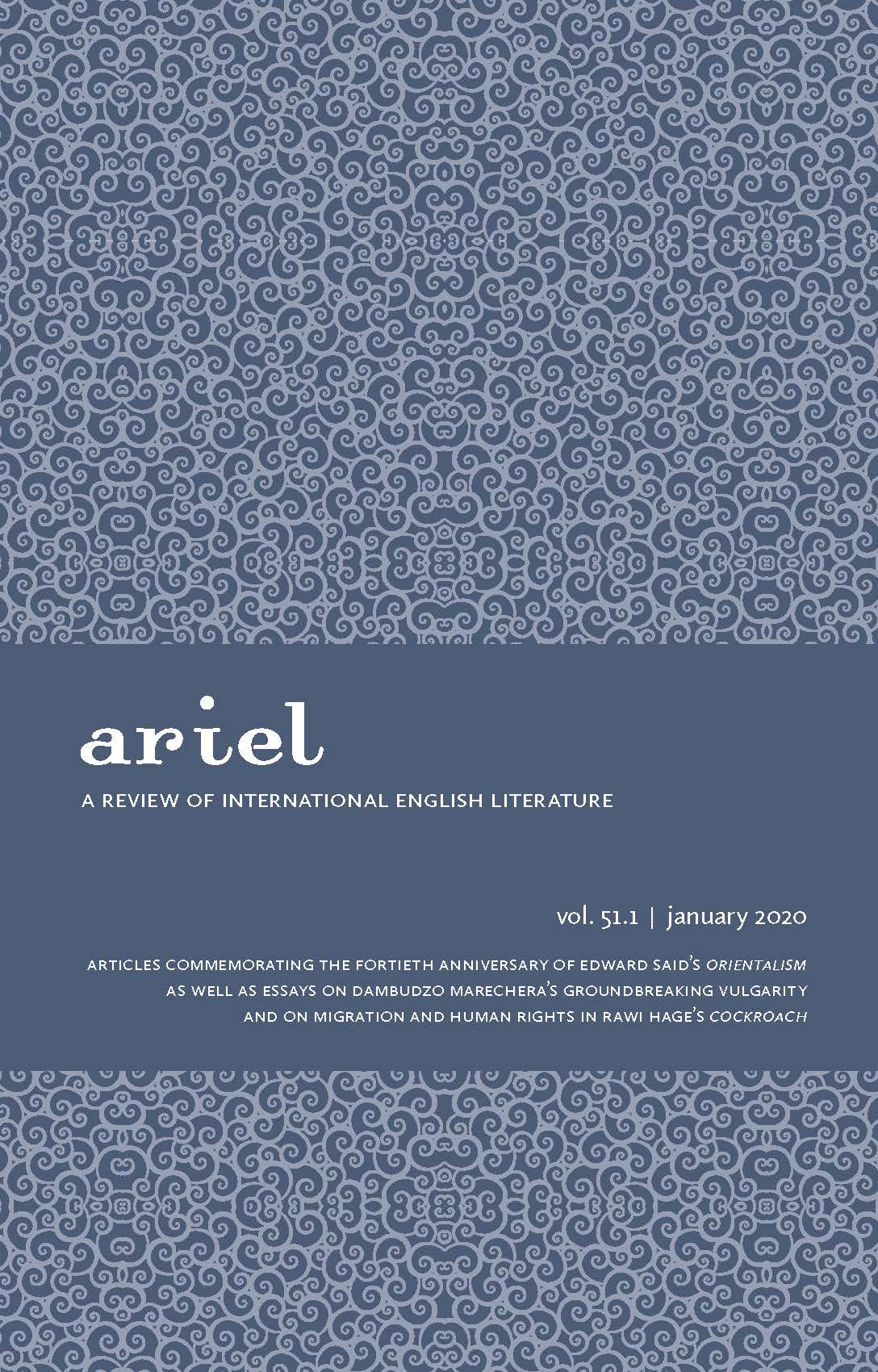Said, Marxism, and Spatiality: Wars of Position in Oppositional Criticism
Abstract
Although he maintained that he was not himself a Marxist, and he frequently criticized both actually existing communism and Marxist literary criticism, Edward W. Said’s thought and work are profoundly influenced by Marxist theory, critical practice, and general discourse. Said never embrace Marxism as an ideology, methodology, or epistemology, but his writings owe much to a Marxist tradition, drawing inspiration from the committed aesthetics and politics of Sartre, the narrative theory of Lukács, and the postcolonial psychology of Fanon, as well as Gramsci’s notions of hegemony and the function of intellectuals, the Frankfurt School’s critique of everyday life, Raymond Williams’s cultural studies, and so on. In this essay, Robert T. Tally Jr. examines Said’s putative anti-Marxism in the context of his distinctively spatial approach to literature and culture. Tally argues that Said’s spatially oriented criticism helps to square the circle of his ambiguous relationship to Marxism, which in turn helps to make possible Said’s powerfully oppositional criticism of culture. Said’s engagement with Marxist theory thus informs his humanism and democratic critical practice, which prove to be all the more relevant and necessary in our present condition.


